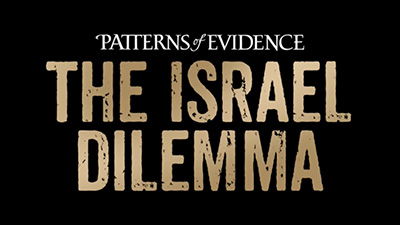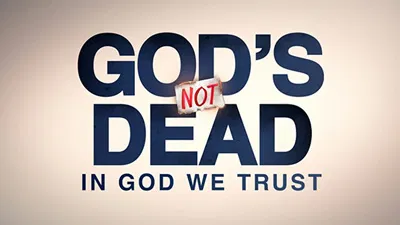An Evolutionless Earth?
Movie Review: Disney’s Earth
Disney’s Earth does what few mainstream movies on the natural world dare do: avoid any mention of evolution or millions of years. But is it worth seeing?
At a Glance
Quality: 7/10
Stunning photography; strong musical score; weak script
Science: 8/10
No references to evolution or millions of years; excellent observational science; mentions of the designed characteristics of the earth; “shame tactics” on global warming

© 2009 Disney Enterprises, Inc.
It’s rare that a movie produced by Discovery and BBC Films about the natural world doesn’t contain any mention of molecules-to-man evolution or millions of years of history. In fact, it’s almost as if the production companies are joined at the hip with the false view of history, taking every opportunity to promote the idea that the earth is not a product of God’s handiwork.
And yet, with the movie Earth (a trimmed-down version of the documentary series Planet Earth), they demonstrate it can be done. As far as I could tell, there was no mention of “evolution” or “millions of years of history.” And, amazingly enough, the narration starts off with the revelation that the Earth is “just the right distance from the sun” and its “crucial tilt” results in the “rhythm of the seasons” experienced around our globe.
Earth isn’t without an agenda, however. As we watch a family of polar bears frolic playfully on the ice, the narrator (James Earl Jones) intones with the all-too-familiar slogan, “the planet is warming, and the ice is melting earlier than ever.” Later he follows up with, “the rain forests are starting to dry up” and the “deserts are getting bigger every year.” The “save the polar bears” message is clear. While we do have a biblical mandate to take care of all creatures, which includes caring for polar bears and their habitat, alarmism in regards to global warming is tenuous at best and unscientific at least.
As reviewers have pointed out, the photography is stunning, the script is a bit weak, and the score has moments of brilliance. Although it is rated G, some of the predator/prey scenes in Earth can be quite disturbing for younger (and even older) viewers. The death of animals by starvation, exposure, or the mouth of another is portrayed as a natural, and even beautiful, part of the cycle of life. With skillful editing and narration, the movie plays up the tendency for predators to attack the weak and the small. This can be painful to watch—as it should be, since we know that the world is now cursed because of our sin, and, consequently, death (and all its corollaries, suffering, pain, disease) is an intrusion into the original, “very good” world God created. And where do such scenes lead us when thinking about a god who would use and approve of such cruel processes? Thankfully, this is certainly not the caring God we read about in the Bible (Genesis 1:29–30; Luke 12:6). These scenes serve as a sad, poignant reminder of how sin—our sin, yours and mine—has affected the paradise that once was (Genesis 1-3; Romans 8).
As always, use your own discernment and judgment when deciding whether to take your family to see this or any movie.
Opened: Wednesday, April 22 (Disney)
Production: Greenlight Media, BBC Films, Discovery Films
Directors: Alastair Fothergill, Mark Linfield
Writer: Leslie Megahey
Producers: Alix Tidmarsh, Sophokles Tasioulis
Executive producers: Mike Phillips, Andre Sikojev, Stefan Beiten, Wayne Garvie, Nikolaus Weil
Directors of photography: Richard Brooks Burton, Mike Holding, Andrew Shillabeer
Music: George Fenton
Editor: Martin Elsbury
Narrator: James Earl Jones
Rated G, 90 minutes

Answers in Genesis is an apologetics ministry, dedicated to helping Christians defend their faith and proclaim the good news of Jesus Christ.
- Customer Service 800.778.3390
- Available Monday–Friday | 9 AM–5 PM ET
- © 2026 Answers in Genesis




